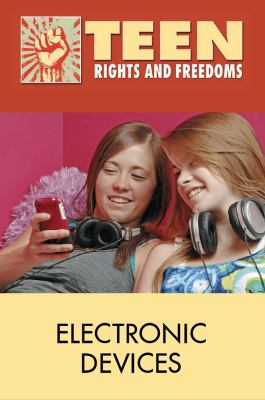
ebook
|
Authors
Subjects
Language
English

ebook
|